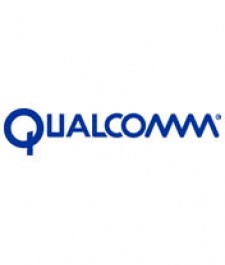GPS has become shorthand for location data, but the US satellite system is only one of several planned or live systems.
The Russian GLONASS is its closest competitor, with 22 satellites providing almost continuous global coverage.
More significantly, it provides better accuracy in northern latitudes than GPS due to the orbital position of its satellites.
Combining the two systems also provides quicker data acquisition, which is why Qualcomm is now supporting the network in its latest chipsets.
Dual band
The first GLONASS-capable phone using its technology has been made by Chinese outfit ZTE.
"Supporting both positioning technologies gives users of ZTE's latest smartphone the benefit of up to 55 different satellites when calculating their global position for navigation or any location-based application," said Raj Talluri, Qualcomm's veep of product management
"The result is more accurate location performance, all over the world, particularly in challenging urban environments where the combination of narrow streets and tall buildings can degrade accuracy."
[source: Qualcomm]
Qualcomm improves smartphone location accuracy with support for Russian GLONASS satellites
Thanski comrade





















